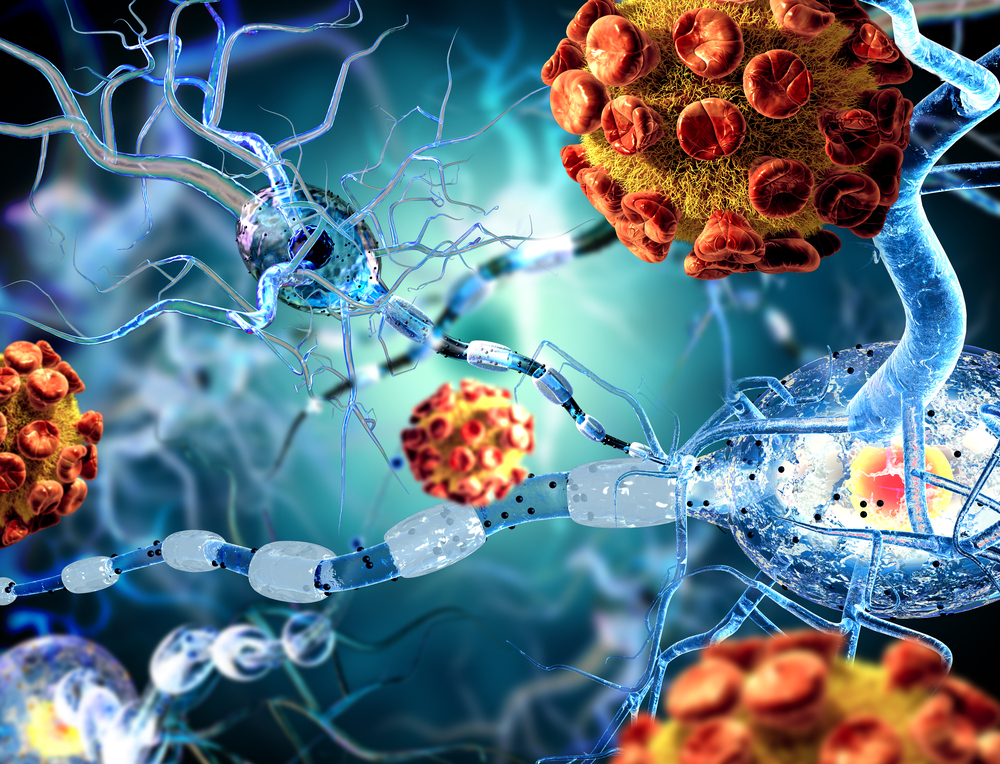What is Brain Cancer? Causes, Symptoms, and Treatment Options
Brain cancer refers to a variety of malignant tumors that occur in the brain or spinal cord. These tumors can originate from brain cells (primary brain tumors) or spread from other parts of the body (metastatic brain tumors). Symptoms often include headaches, seizures, cognitive changes, and neurological deficits, depending on the tumor's location and size. Brain cancers are classified into different types, such as gliomas (including astrocytomas and oligodendrogliomas) and meningiomas, each with distinct characteristics and treatment responses. Prognosis for Brain cancer Treatment in Vijayawada varies significantly based on factors such as tumor type, grade, patient age, and overall health. Ongoing research aims to improve understanding of brain cancer biology, leading to better therapeutic approaches and enhanced survival outcomes for patients. It is essential to consult Neurology Hospital in Vijayawada to know more.
Types of brain cancer:
- Gliomas: These arise from glial cells and are the most common type of brain cancer, including subtypes like astrocytomas, oligodendrogliomas, and ependymomas.

- Meningiomas: Originating from the meninges (the protective layers covering the brain), meningiomas are typically benign but can become malignant in rare cases.
- Pituitary Tumors: Developing in the pituitary gland, these tumors can be functional (hormone-secreting) or nonfunctional and may cause hormonal imbalances.
- Medulloblastomas: Mostly found in children, these embryonal tumors are highly malignant and typically arise in the cerebellum.
- Schwannomas: These tumors originate from Schwann cells, often affecting the vestibular nerve, leading to conditions like acoustic neuroma.
- Primary Central Nervous System Lymphoma (PCNSL): A rare type of lymphoma that originates in the brain, often associated with immunosuppression.
- Anaplastic Tumors: These aggressive tumors can arise from various brain cells and are characterized by rapid growth and a higher degree of malignancy.
Symptoms of brain cancer as per Neurologist in Vijayawada
- Headaches
- Seizures: New onset seizures, particularly in adults without a history of epilepsy.
- Cognitive Changes: Issues with memory, concentration, or changes in mental status.
- Personality Changes: Unexplained changes in mood or behavior, including increased irritability.
- Nausea/Vomiting: Frequent nausea or vomiting not linked to other causes.
- Visual or Hearing Disturbances: Blurred vision, double vision, or hearing loss.
- Weakness or Numbness: Weakness in limbs or loss of sensation, usually on one side of the body can be a sign as per Neurology Doctor in Vijayawada .
- Balance Problems: Difficulty in coordination or balance, leading to falls.
- Speech Difficulty: Problems with speaking or understanding language.
How can brain cancer be treated ?
- Surgery: Often the first line of treatment, aiming to remove as much of the tumor as possible while preserving brain function.
- Radiation Therapy: Commonly used post-surgery to eliminate any remaining cancer cells; includes external beam radiation or stereotactic radiosurgery.
- Chemotherapy: Involves the use of drugs to kill cancer cells, often used in combination with surgery and radiation. Specific drugs can target particular types of brain tumors.
- Targeted Therapy: Focuses on specific molecular targets associated with cancer, offering a more personalized treatment approach based on the tumor’s genetic profile.
- Immunotherapy: Engages the body’s immune system to recognize and destroy cancer cells; still under research but shows promise for certain brain cancer types.
If you have persistent symptoms like severe headaches, unexplained seizures, cognitive changes, or vision and balance problems, it's essential to consult Best Neurologist in Vijayawada. These specialists can evaluate your symptoms and determine if further investigation is needed for potential brain cancer. Additionally, if you have risk factors such as a family history of brain tumors, exposure to certain chemicals, or prior radiation treatment to the head, seeking a neurologist's advice promptly is crucial. If your symptoms are accompanied by unusual behavioral changes or if they worsen over time, don't hesitate to make an appointment. A neurologist can perform necessary imaging studies, like MRI or CT scans, to provide clarity on your condition, helping to alleviate concerns or facilitate early diagnosis. Ultimately, any significant change in your neurological health warrants professional evaluation by Dr. Lavu Harish to ensure peace of mind and appropriate care.
Newsletter
Subscribe our Newsletter to get new updates
